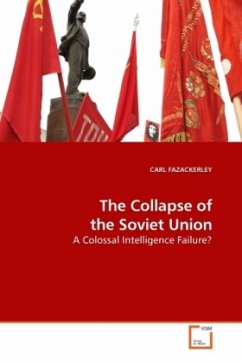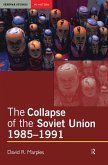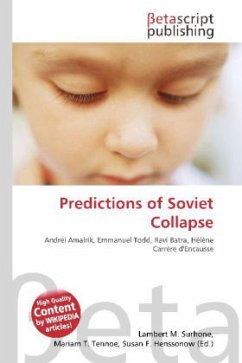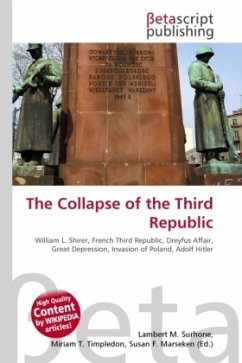Monday August 19th 1991 signalled the beginning of the final chapter of the demise of the Soviet Union. Within days of the August coup the Union began to fatally crumble under the pressure of long-term and insurmountable structural problems. The USSR was dismembered nation by nation as states declared their independence. The New Union Treaty, which Mikhail Gorbachev and Boris Yeltsin had spent months preparing, and which had been intended to cement the future of the Union, instead acted as a catalyst for action from Politburo hardliners. The fall of the Soviet Union was by far one of the most shocking events of the 1990s. How could the immense intelligence resources of the West have failed to see such collapse coming or indeed did they actually fail to do so? Why was the collapse not expected to come as soon as it did, since, despite not predicting the actual date of collapse, the West knew it would eventually come.








